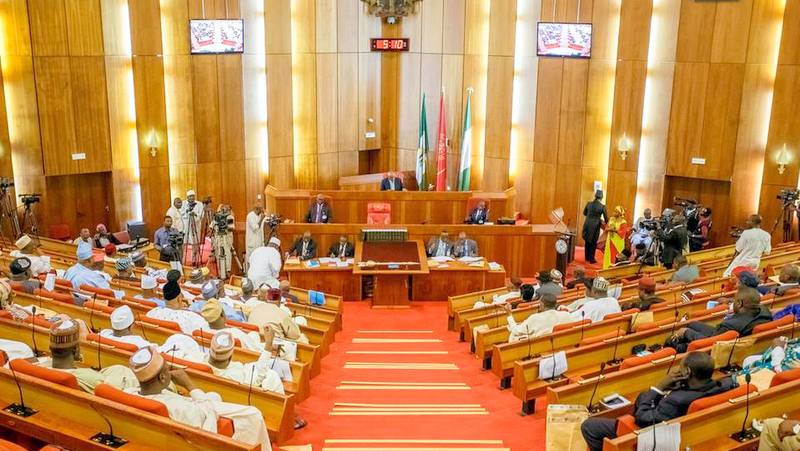
As Nigeria continues to dither over the Petroleum Industry Bill, which has suffered setbacks in two consecutive legislative tenures, Ghana has passed its own petroleum bill into law in a bid to lure investments.
Ghana’s legislature passed the Petroleum Production and Exploration Bill into law on Thursday to replace the Petroleum (Exploration and Production) Act, 1984, our correspondent gathered on Monday.
The country’s Energy Minister, Emmanuel Buah, said the new law would create an attractive environment for potential investors to participate in the sector by providing certainty and transparency in the ground rules for operations.
Hope that the PIB would be given quick attention by the President Muhammadu Buhari administration was rife last year when the new government came on stream.
The Minister of State for Petroleum Resources, Dr. Ibe Kachikwu, recently said that the nation was losing over $15bn annually to the non-passage of the PIB.
In April, the Senate started the legislative procedure on a new draft of the PIB, named the Petroleum Industry Governance Bill, and it scaled first reading on April 13.
The PIGB was harmonised by the Senate and House of Representatives following a prolonged silence by the Presidency on the PIB despite continued agitation for its passage by the citizenry.
An energy expert and Technical Director, Drilling Services, Template Design Limited, Mr. Bala Zakka, said, “Until we pass the PIB, many investors, whether foreign or local, will be scared and will never be comfortable to invest or patronise the Nigerian oil and gas industry.”
He said investors would not want to get involved in such a highly capital-intensive industry without knowing the laws that would govern their operations in a country.
According to Zakka, the principal reason why the PIB should be passed into law is that the 1969 Petroleum Act is fairly obsolete today.
He said, “Investors want to come and invest, but they need to see an existing law that is current and is in tune with the dynamism of events.
“Unless you pass the PIB into law, many investors will shy away from Nigeria and will prefer to go to countries where there are existing laws, whether those laws are harsh or soft; at least, they will know the laws that will guide them.”
He noted that they had been hoping for the PIB to be passed into law a very long time ago, adding, “Nobody, ordinarily, is supposed to delay the PIB, knowing that Nigeria depends on revenue from crude oil to develop other sectors.”
END

The PIB needs to be broken into three major parts namely, Fiscal,Regulatory and the parastatal functions.The Fiscal in terms of the Economics of the sector, Royalties, Government take et al, Regulatory in terms of the function of various arms NIPEX, DPR, NAPIMS, etc.then the parastatal function will reel out the various functions of these parastatal or companies that NNPC would be broken into to avoid conflict of interests or overlapping funtions of each organisation. The PIB is too much of a document that can be passed at once. We have too many vested interests in the PIB from the IOCs to the Government and even the Legislature who are not helping matters.The north will not agree with the south and the south will not agree with the north. The stagnation in our oil and gas sector is as a result of the non passage of the PIB. No matter how bad a law is initially its better than when there is no law and since it is a law it can always be amended as time goes one and as need arises.Its better to pass something now. Most IOCs just have skeletal presence in Nigeria, even the Service companies are basically portfolio offices for now. The serious ones have moved to Ghana and Angola who are more serious with policy formulation.
This proves that the operators of our system of government, whom we spend humongous amount of money to maintain, are bunch of unserious individuals who do not want the PIB to see the light of day.